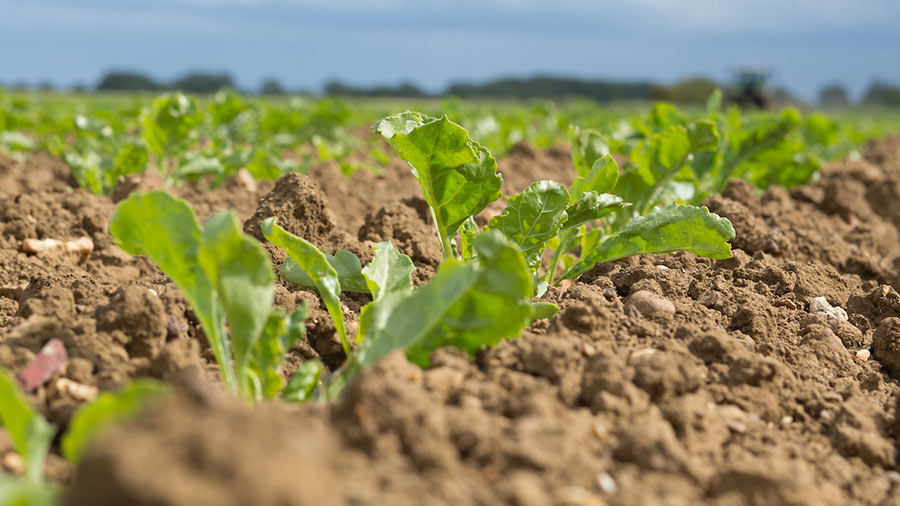Sugar Beet 2022 – latest news

British Sugar and the NFU have announced the new sugar beet contract price for the 2022 season.
The headline details:
- Price
- 1 year £27.00 per adj. tonne
- No market linked bonus
- Local premium
- Futures-linked variable price contract
- Virus Yellow crop assurance scheme
For existing 3-year contracts, an improved price is on offer of £25 per adj. tonne (for the 2022 campaign) with no market related bonus, but you will have to sign up to an additional year.
On the back of bullish commodity markets the £5 per tonne increase on the current 2021 harvest price was needed to entice growers to continue to grow the crop and potentially attract new entrants. Unlike recent years there will be no sugar market related bonus.
3-year agreements have been given the option to extend the term by 1 year and receive an improved price of £25 per adjusted tonne. Although this is an uplift of £3.82 per adj. tonne this is still a long way off the £27 for the 1-year contract. This will be the first year since British Sugar introduced the multi-year contract where they will pay less for the 3-year contract than the 1-year option.
The new local premium is an additional payment to growers with a contract mileage up to and including 28 miles. Starting at £2 per tonne up to 9 miles and then a 10p reduction for every mile up to 28.
The futures-linked variable price contract option has been opened to all growers for the 2022 season for tonnage not on an existing contract. It is restricted to a maximum of 10% of the total growers’ contract.
The changes made for the 2021 crop stay as agreed.
- No crown tare reductions
- The new sugar payment scale
- Virus yellows crop assurance scheme
- Late delivery bonus
There are 6 new varieties with 17 in total on the list for 2022, of which 2 varieties have ALS herbicide tolerance and 1 with partial tolerance to beet mid yellowing virus. Although the variety list had been published earlier this year by the BBRO the seed order and pricing has not yet been released. British beet industry has submitted an emergency use application for the use of Cruiser SB seed treatment for 2022, this ruling is expected later this autumn.
So, with good prices for other alternative crops and an increase in fertiliser prices, should I grow sugar beet?
Looking purely at the gross margin of growing sugar beet in 2022/23 alone, at £27 per tonne the projected margin is strong providing the farm can achieve a good yield. Unfortunately, a large amount of the current UK crop is grown on a 3-year contract which will only receive £21.18 or £25 if they sign up to another year. So, the headline price of £27 is not relevant to the majority of tonnes delivered to a sugar factory.
With average costs, you could see a return as follows,
| Yield | 80 t/ha | 65 t/ha |
| Costs * | £1061/ha | £1061/ha |
| Margin | £992/ha | £608/ha |
* Includes: variable costs, drilling, harvesting and casual labour.
The above has been based on two thirds of the tonnage on the 3-year contract with the increased 3-year price of £25 per tonne and all the crop delivered before Christmas with no late delivery bonus. The point to remember is normally the cost is very similar to growing a low yielding crop as a high yielding crop.
Looking at these figures it confirms that yield is key. As yields decline margin reduces to a level in line or below other break crops, before factoring in the effect on the following crop(s), damage to tracks etc etc.
Our view on whether to grow or not is the same as previous years; it boils down to yield and soil type. If you can get an above average yield combined with sensible loading access it will pay, it’s a good spring crop, offering another option for black grass control. If you’re a heavy land farm and the only lift option is December or January it will not work, the yield loss on the following crop and damage to infrastructure will outweigh the benefits. But every farm is different; appraise each situation on its own merits.
If you would like to discuss this in detail and see how it fits to your farming business, please do not hesitate to contact us.
